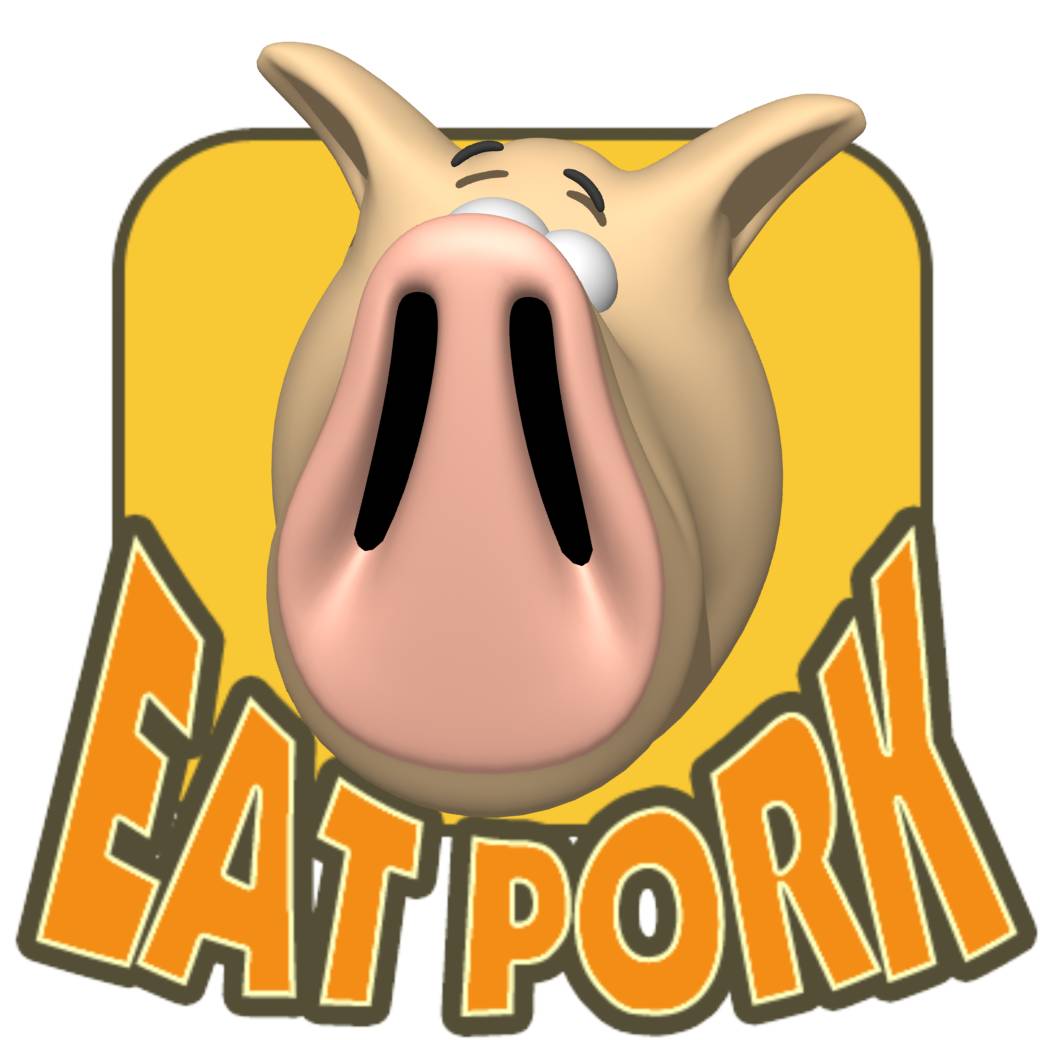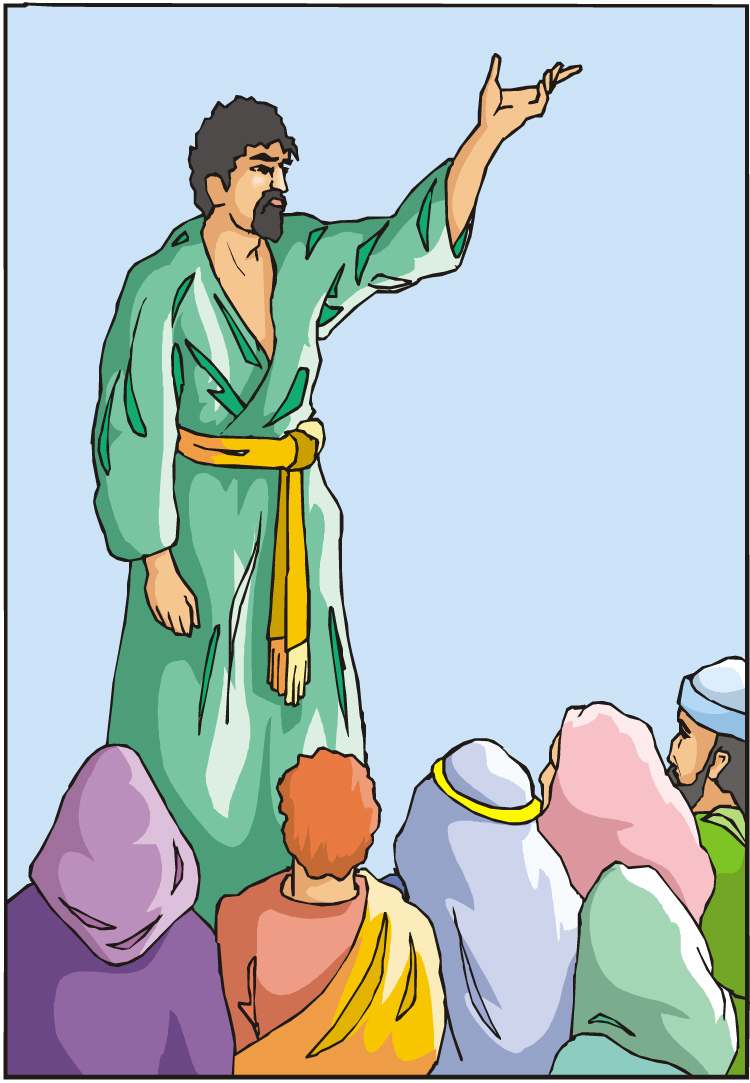
Matthew 19:16, What good thing. Yeshua’s answer to the rich young ruler when he asks him what he must do to have eternal life might, in a cursory reading, appear that Yeshua is promoting a works based salvation. However this is not the case. Yeshua cleverly shows the young man that he is incapable of obtaining eternal life through good works, for man isn’t capable of perfectly following the Torah. In the case of the young man, he thought himself to be perfectly righteous, when in reality, Yeshua showed him that he was covetous, and therefore still an unrighteous sinner thus disqualifying himself from reward of eternal life. Yeshua, on the contrary, instead of promoting a works-based salvation model, instructs the young man to deal with his sin by selling his possessions and giving the proceeds to the poor, and then becoming a follower of him. The lesson here is that salvation and eternal life can come only as we turn from our sin and become a follower of Yeshua.
What Yeshua is really saying when he answers the young man’s question in verse 21 is this: “If you want to be perfect [Gr. teleios meaning “brought to its end, finished; wanting nothing necessary to completeness”],” turn from sin by obeying the Torah more completely, but also follow the Messiah by becoming his disciple. Remember, to hear and to obey (Heb. shema) the Messiah was a command of the Torah as well (Deut 18:15), and to not believe in him is sin (John 16:9 cp. 3:18). So according to the Bible, to be spiritually perfect or complete one must, as Yeshua said, love him by keeping his (Torah) commandments (John 14:15). It is the Torah that shows us how to love Elohim (and our fellow man as well).
Yeshua makes a similar point in his exchange with a scribe in Mark 12:28–34. While extolling the virtues of Torah-obedience, and commending the scribe for his understanding of the deeper heart issues of Torah-obedience, Yeshua makes an interesting concluding statement. He tells the scribe, “You are not far from the kingdom of Elohim (v. 34) as if to tell him, “You’re on the right spiritual track with regard to your Torah-obedience, and you’re heading for the kingdom, but that alone won’t get you into the kingdom. You must also become a disciple of Yeshua.





